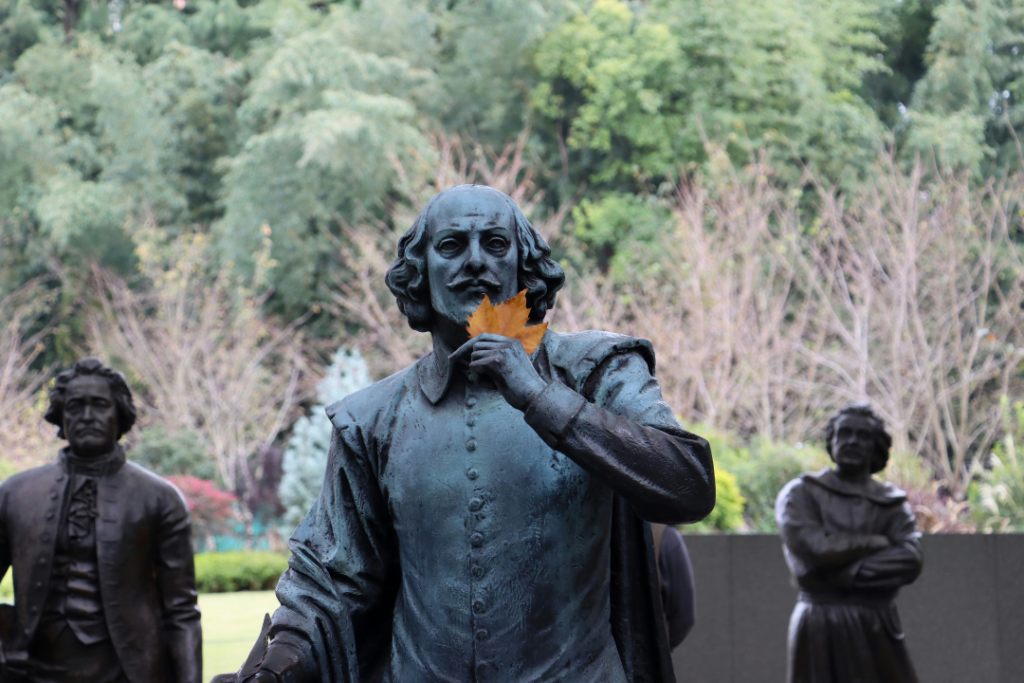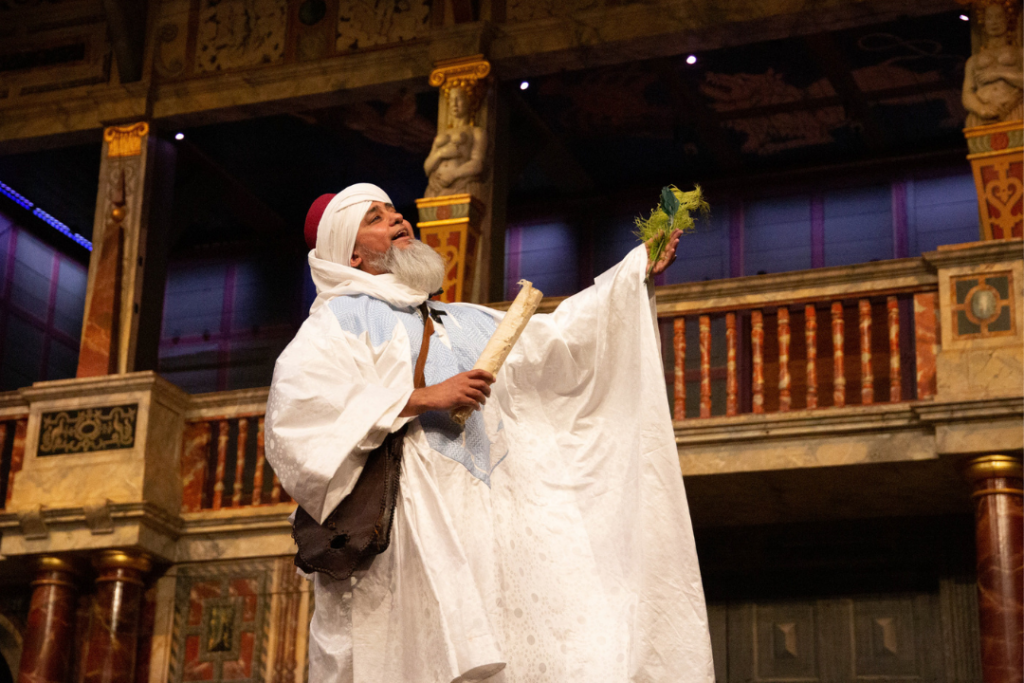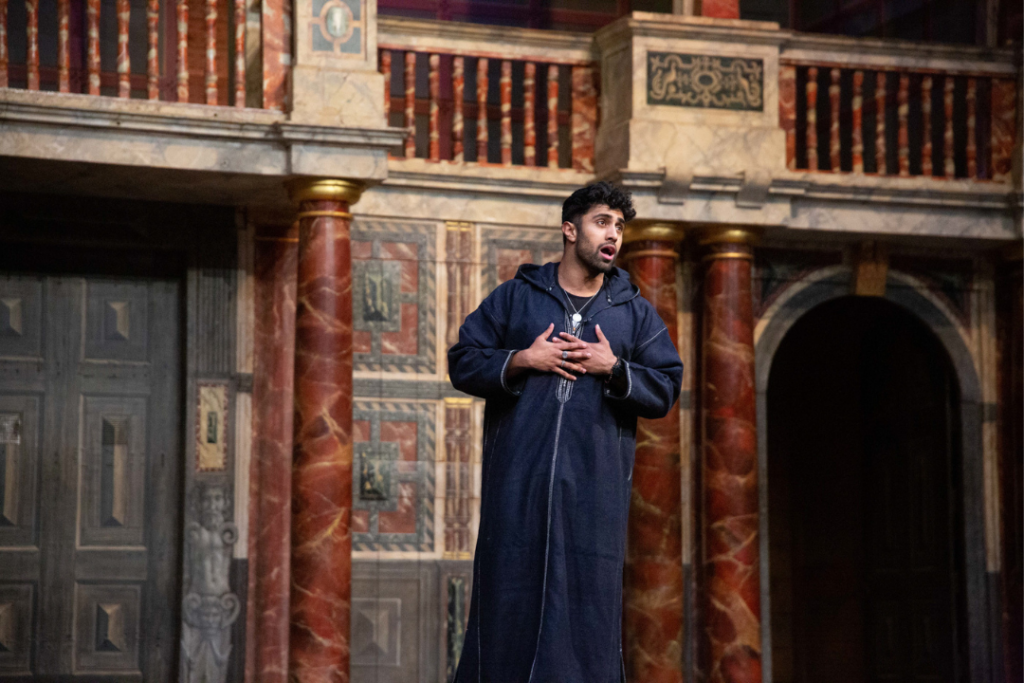
Shakespeare’s works are renowned for their rich tapestry of characters, settings, and themes, but what many may not realise is the significant influence of the Muslim world on his writing. In this blog post, we delve into the intricate connections between Shakespearean drama and the Islamic world, uncovering how encounters with Muslim culture shaped the playwright’s iconic works.
Shakespeare’s Cultural Tapestry
The world of Shakespeare’s plays is a vibrant mosaic of cultures, reflecting the dynamic exchanges of his time. Muslim travellers and references to Islamic culture were seamlessly woven into the fabric of his works, adding depth and complexity to his storytelling. From tales of love and betrayal to explorations of identity and power, Shakespeare’s cultural tapestry is enriched by the diverse influences of the Islamic world.
Encounters with the Islamic World
During the Elizabethan era, England was intricately connected to the Islamic world through trade routes and diplomatic ties. This historical backdrop provided Shakespeare with a wealth of inspiration, influencing his depiction of cultural diversity in his plays. From the bustling streets of Venice to the exotic locales of North Africa, Shakespeare’s portrayal of foreign customs and nuanced Muslim characters reflects the interconnectedness of Elizabethan England and the Islamic world.
Muslim Characters in Shakespearean Drama
In Shakespearean drama, Muslim characters are portrayed with nuance and complexity, challenging Elizabethan perceptions of the time. The character of Othello, the Moor, in “Othello” grapples with themes of race, identity, and betrayal, offering a poignant exploration of the human experience. Similarly, characters like the Prince of Morocco in “The Merchant of Venice” provide insights into Elizabethan perceptions of Muslims and their cultural significance in Shakespearean literature.
Islamic Influence on Shakespeare’s Language

Photo by Hanna-Katrina Jedrosz for Hyphen
The cultural exchange between Elizabethan England and the Islamic world had a profound impact on Shakespeare’s language. Arabic loanwords and cultural allusions found their way into his works, enriching the tapestry of his language and adding layers of meaning to his storytelling. For example, the word “amethyst,” derived from the Arabic “amethustos,” illustrates this exchange, highlighting the intertwined nature of Elizabethan England and the Islamic world in shaping Shakespearean vocabulary.
Muslim Presence in Shakespearean England
In the vibrant tapestry of Elizabethan England, the Muslim community thrived alongside Shakespeare’s world, contributing to the cultural landscape of the era. Their presence infused society with a rich diversity of ideas, language, and customs, shaping Shakespeare’s portrayal of the world around him. From the bustling streets of London to the royal courts of Europe, the Muslim presence in Shakespearean England left an enduring legacy in the annals of history.

Photo by Hanna-Katrina Jedrosz for Hyphen
In conclusion, the Muslim influence in Shakespeare’s world is a testament to the interconnectedness of cultures and the enduring power of storytelling. Through encounters with the Islamic world, Shakespeare crafted timeless works that continue to captivate audiences around the globe, showcasing the rich tapestry of human experience in all its complexity.
This post is part of our Muslim Heritage series, you can read about the remarkable legacies of inspiring Muslim figures and institutions who have etched their impact on history here.

